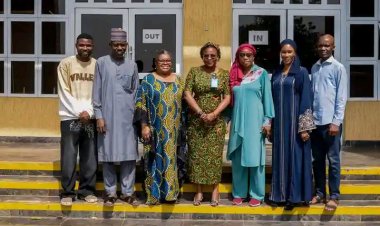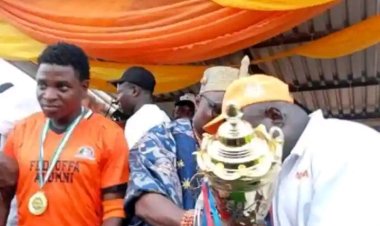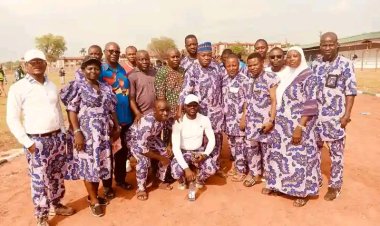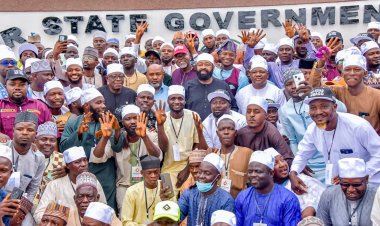Deaf Students in Nigeria Excel in Coding with 'Smart' Door Innovation
Supported by funding, including contributions from institutions like the Massachusetts Institute of Technology, the foundation provides not only technical skills but also career guidance and counseling to boost self-esteem among its students
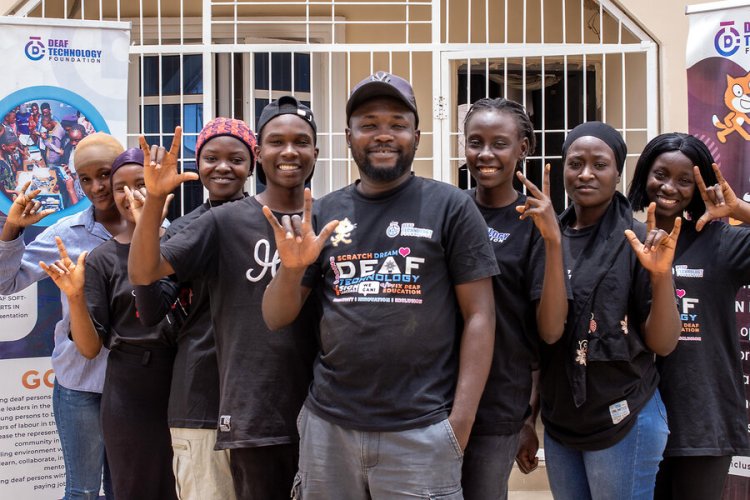
In Jos, Nigeria, a group of deaf students is defying odds and mastering coding skills through an innovative "smart" door project led by the Deaf Technology Foundation. Founded by Wuni Bitrus in 2017, the foundation aims to empower Nigerian children and young adults who are deaf by teaching them computer programming and robotics.
The project, housed in a one-room apartment, gathers nearly a dozen students who collaborate using sign language and electronic components like Arduino. Their current endeavor involves developing a biometric door that responds to fingerprint recognition, leveraging a battery-powered keypad lock system due to Nigeria's electricity challenges.
READ ALSO:No Nigerian University Makes Top 1000 Global Universities Ranking for 2025
"Compassion drives me," says Wuni Bitrus, reflecting on his motivation to uplift Nigeria's deaf community after witnessing discrimination faced by a 13-year-old student years ago. Supported by funding, including contributions from institutions like the Massachusetts Institute of Technology, the foundation provides not only technical skills but also career guidance and counseling to boost self-esteem among its students.
One standout student, Mercy Samson Grimah, affectionately known as Mama Robotics, recalls the transformative impact of the foundation, which enabled her to compete internationally in robotics contests despite initial skepticism from her school about her capabilities.
RECOMMENDED FOR YOU:Senator Karimi Launches Bursary Awards for Kogi West Students
Despite their achievements, challenges persist, particularly with funding and staffing. With only two paid tutors, the foundation struggles to meet the growing demand for its programs. Nevertheless, they remain optimistic about expanding their impact, aiming to collaborate with local companies in Jos to explore applications in self-driving cars and automated wheelchairs.
Through initiatives like the Deaf Technology Foundation, leaders like Wuni Bitrus hope to redefine perceptions of disability in Nigeria, emphasizing that with the right support and opportunities, every individual can contribute meaningfully to society.

